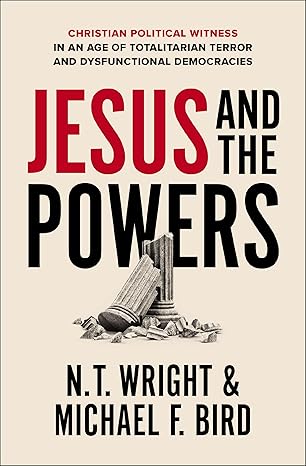
The Everlasting Man
Written in 1925, this enduring polemic still strikes a modern chord. In this book G.K. Chesterton explains how religion—a blend of philosophy and mythology—satisfies both the human intellect and the spirit, and sets man starkly apart from any other living creature.
Addressing evolution, feminism, and cultural relativism within the context of religion, the book also examines religious skepticism. According to Chesterton, the shape of the key is not important. What matters is that it fits the lock and opens the door.
An emphatic affirmation of Christian faith, The Everlasting Man is leavened with the author's characteristic wit and wisdom, and appeals to the mind as well as the heart.
BEST DEALS
About the Author
Gilbert Keith Chesterton was born in London, England, in 1874. He began his education at St Paul's School, and later went on to study art at the Slade School, and literature at University College in London. Chesterton wrote a great deal of poetry, as well as works of social and literary criticism. Among his most notable books are The Man Who Was Thursday, a metaphysical thriller, and The Everlasting Man, a history of humankind's spiritual progress. After Chesterton converted to Catholicism in 1922, he wrote mainly on religious topics. Chesterton is most known for creating the famous priest-detective character Father Brown, who first appeared in "The Innocence of Father Brown." Chesterton died in 1936 at the age of 62.












